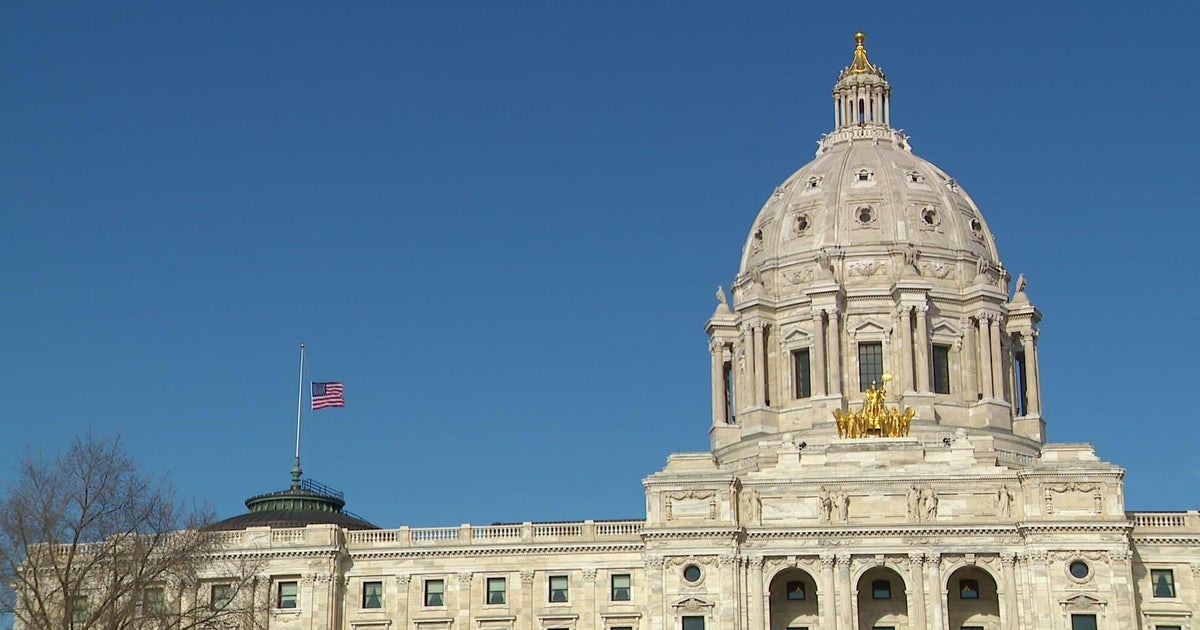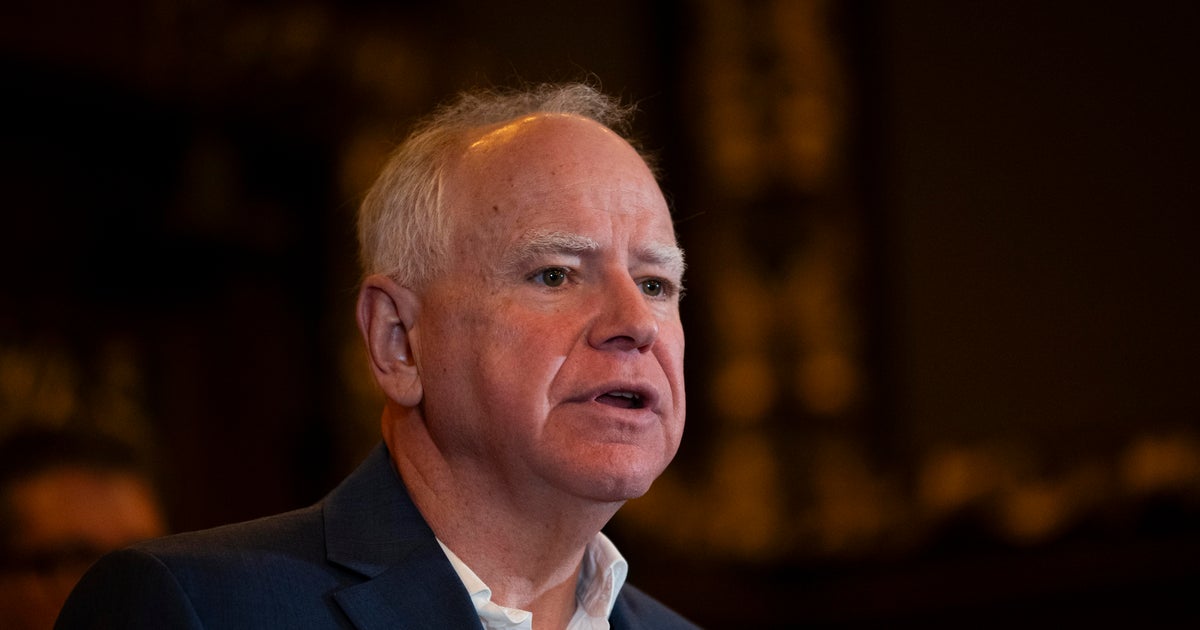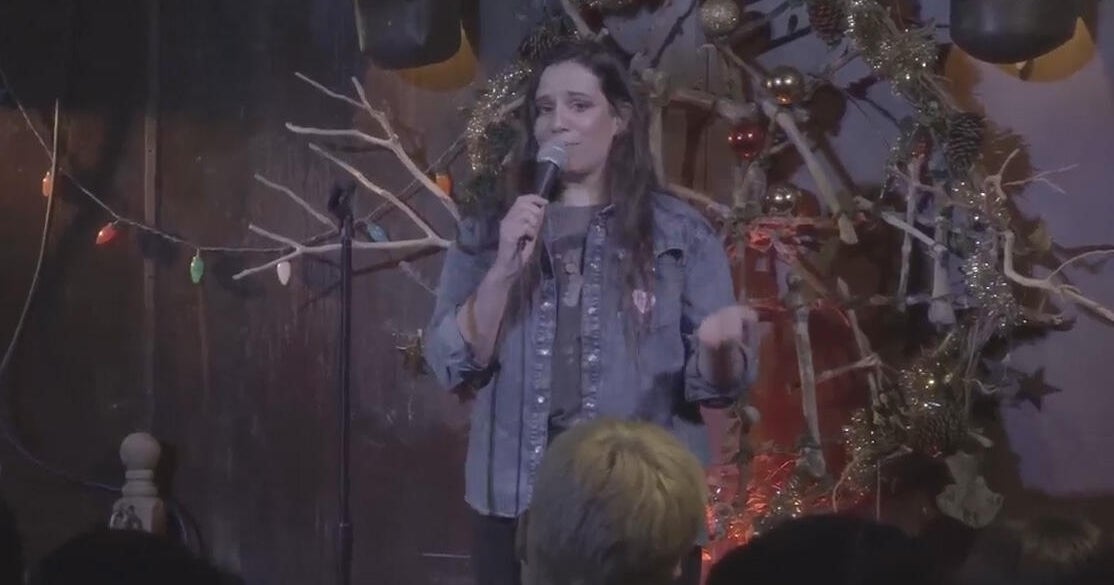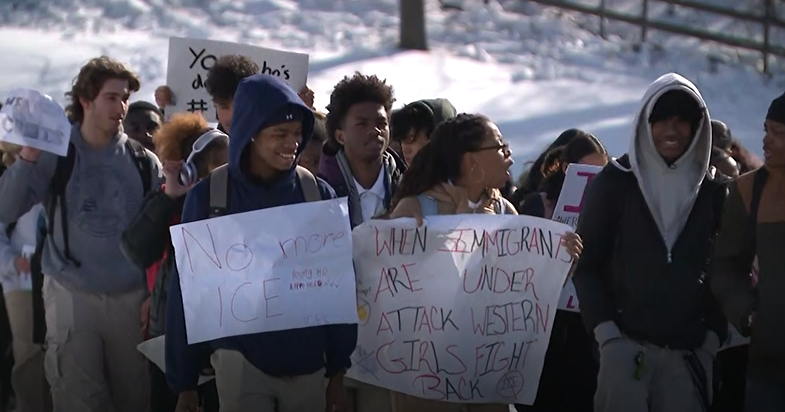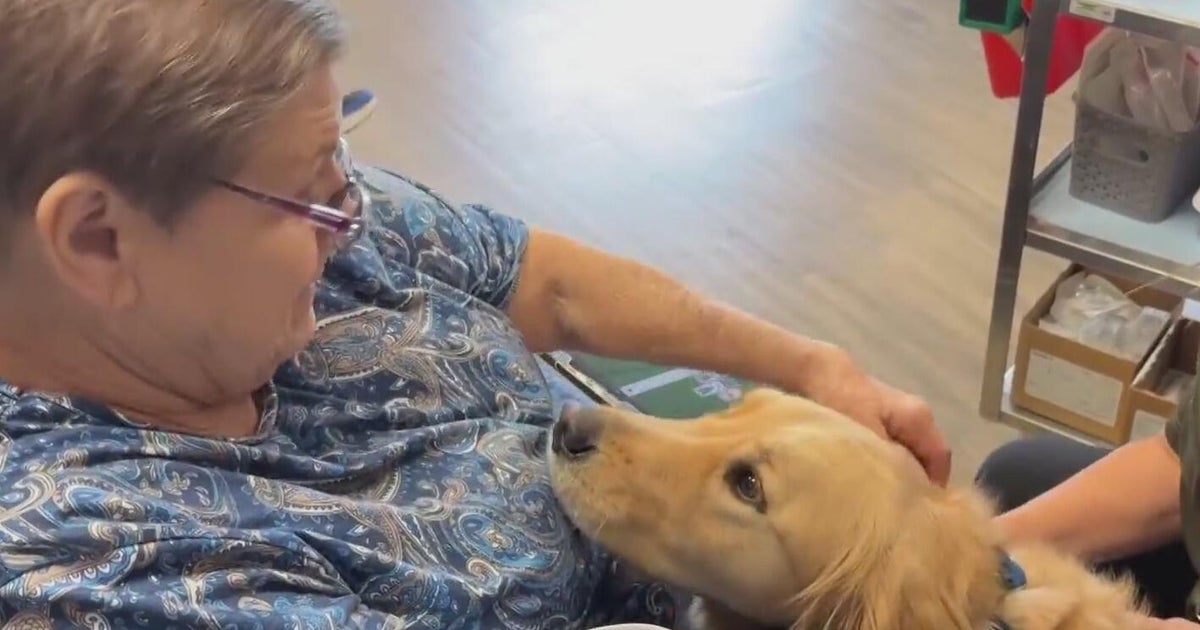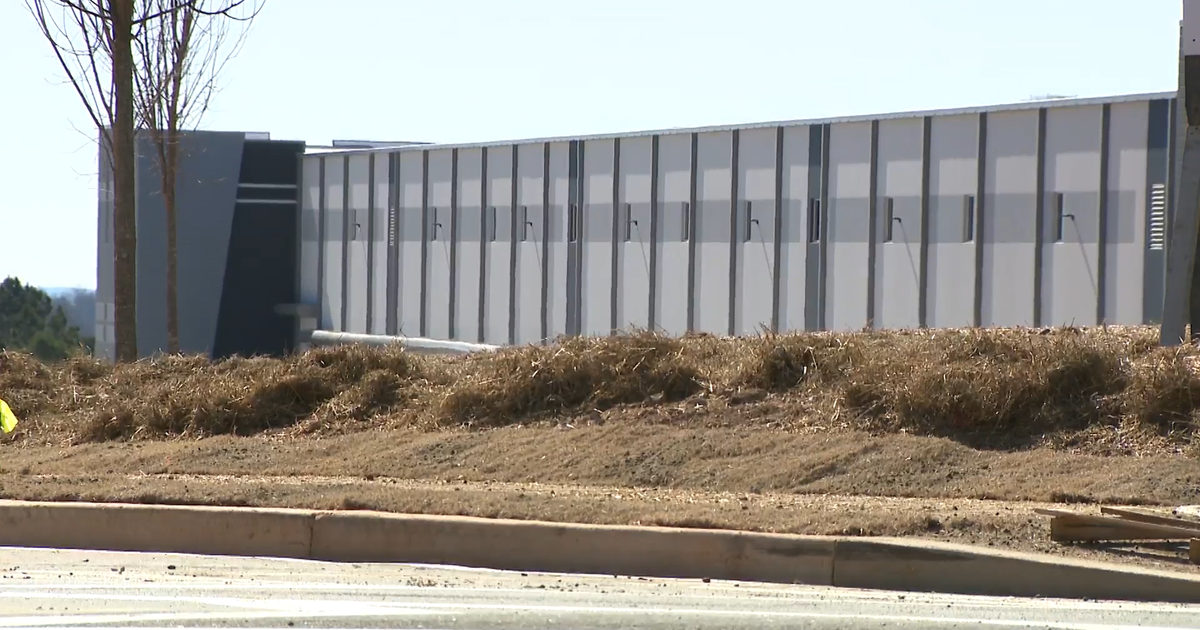Minnesota's Divided Government Experiment Will Get New Test
ST. PAUL, Minn. (AP) — Passing a public works borrowing package will be the Minnesota Legislature's top job as it convenes Tuesday for the 2020 session, an important test of divided government to see whether both parties can cooperate for a second year in a row.
Minnesota is the only state at the moment where Democrats control one house of the Legislature and Republicans control the other. The setup worked under new Democratic Gov. Tim Walz last year when the Legislature accomplished its main task of approving a balanced budget, even though lawmakers needed an extra day to finish the job.
"We were able to make government function,' Walz said at a pre-session forum with legislative leaders last week. "We debated strongly and differed on issues that were core values of ours, but we got those things done."
The big bipartisan challenge this session is that the state constitution requires that bonding bills pass each house with a 60% majority. Neither the House Democratic nor Senate Republican majorities have enough votes to do that on their own. At least six House Republicans and at least six Senate Democrats must vote yes.
"The fact of the matter is, I need six of 'em to go with me one way or the other. And I'm working them right now," the governor quipped.
Walz is touting his $2 billion bonding proposal as a "Local Jobs and Projects Plan," that focuses on affordable housing, water quality, higher education, public safety and asset preservation. House Democrats and Senate Republicans haven't released their wish lists yet. But House Democrats plan to propose close to $3.5 billion in projects, while Senate Republicans prefer less than $1 billion.
Democratic House Speaker Melissa Hortman said at the forum that she was "really hopeful" because GOP House Minority Leader Kurt Daudt has indicated openness to a bonding bill that exceeds $1 billion, depending on what projects go into it, rather than setting an arbitrary cap. Hortman said she and Daudt had already had one good discussion on bonding.
Republican Senate Majority Leader Paul Gazelka said he and Hortman plan to bring in experts from the National Conference of State Legislatures to teach a class to lawmakers on negotiating, in hopes of heading off impasses at crunch time.
But there's no constitutional mandate that the 2020 session pass anything before the May 18 adjournment deadline. A bonding bill is optional — and so is everything else this session. If lawmakers can't agree on how to spend the state's $1.3 billion budget surplus, for example, the money can just sit in the state's bank accounts.
House Democrats and Senate Republicans plan to push whole slates of bills that won't pass the other chamber but could become rallying points for the 2020 election campaign. Some of the biggest clashes are likely on House Democratic-backed gun control proposals that Senate Republicans have already rejected.
"I think we can find some common ground, but if we focus on far right or far left, none of that's going to happen," Gazelka said in a comment that was specifically about guns but could apply to a wide range of proposals that will highlight the Legislature's partisan divides.
Hortman said in an interview earlier this month that she expects both chambers to pass bills that reflect their conflicting priorities — and point it out to voters. She said she doesn't consider that unproductive.
"There will be areas where we work together and we try to find common ground to get things done for the state of Minnesota, but there will also be some equally important work where we communicate with Minnesotans what direction we think the state should go," the speaker said.
(© Copyright 2020 The Associated Press. All Rights Reserved. This material may not be published, broadcast, rewritten or redistributed.)
